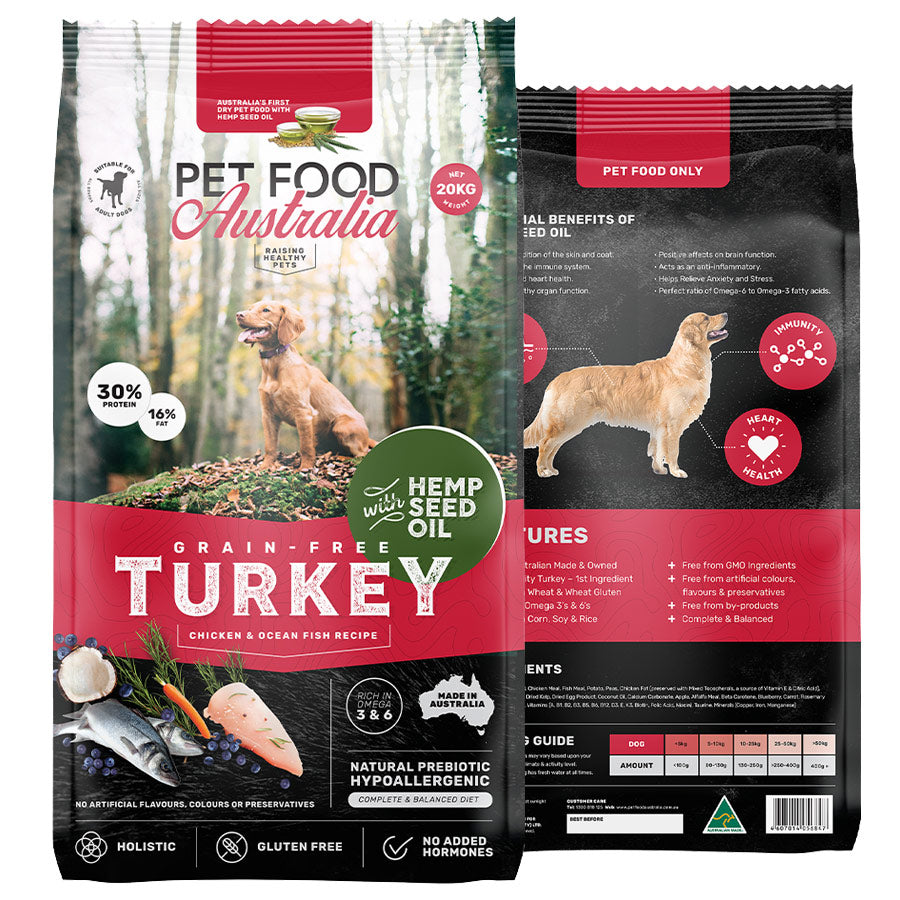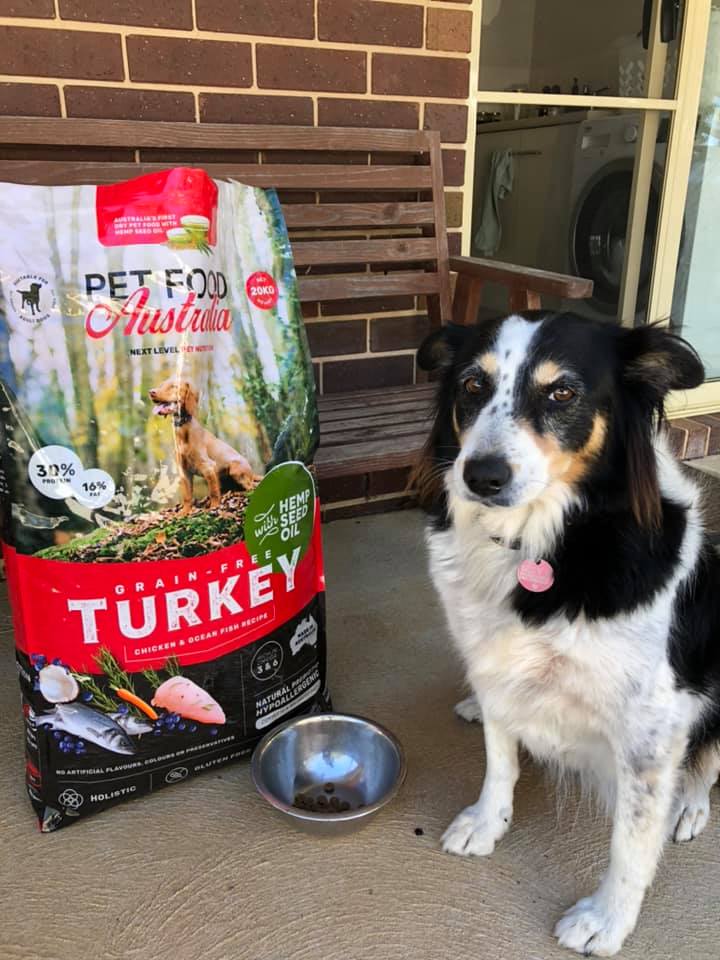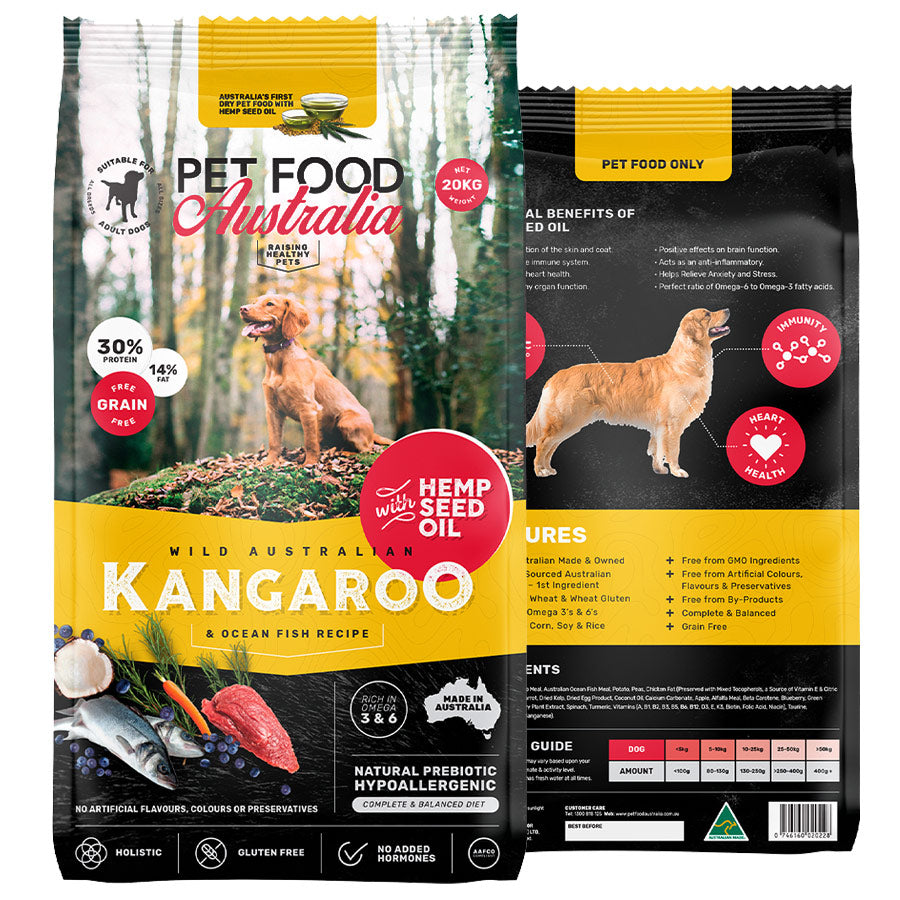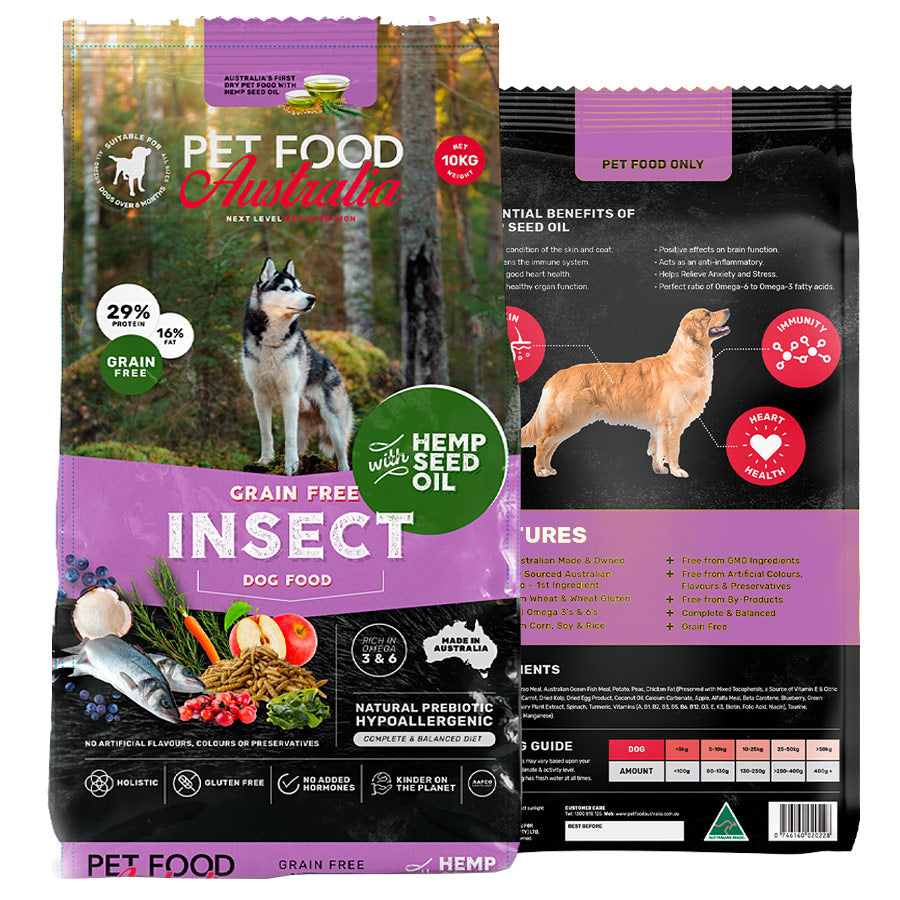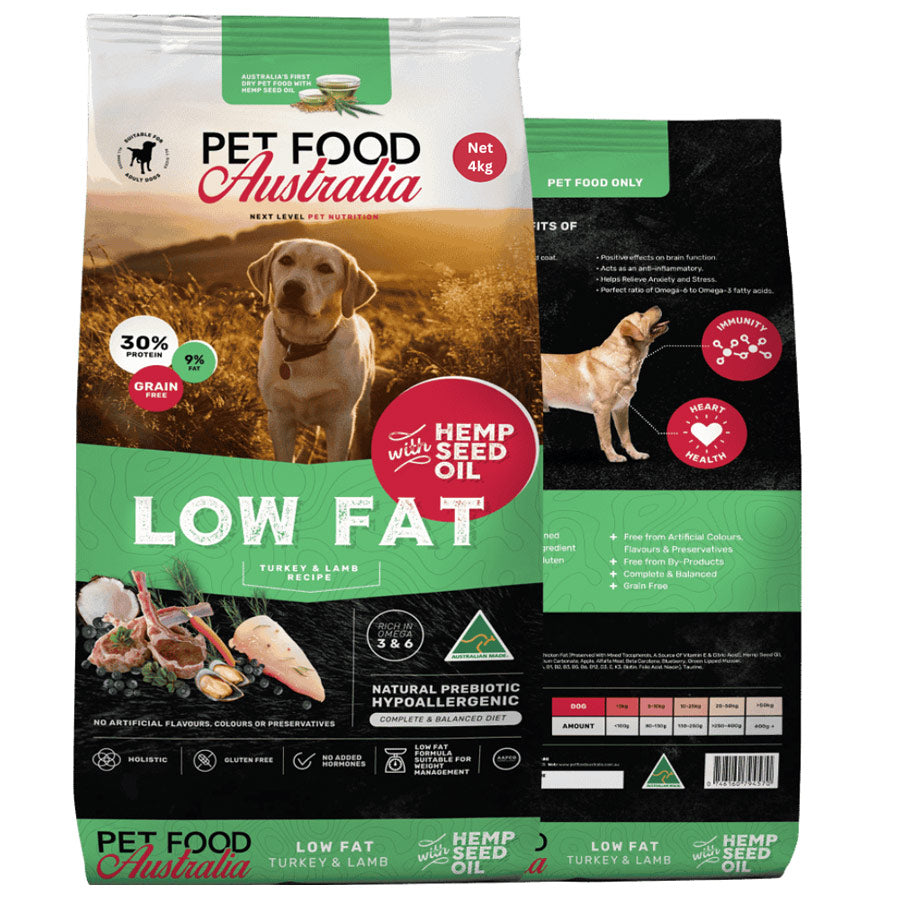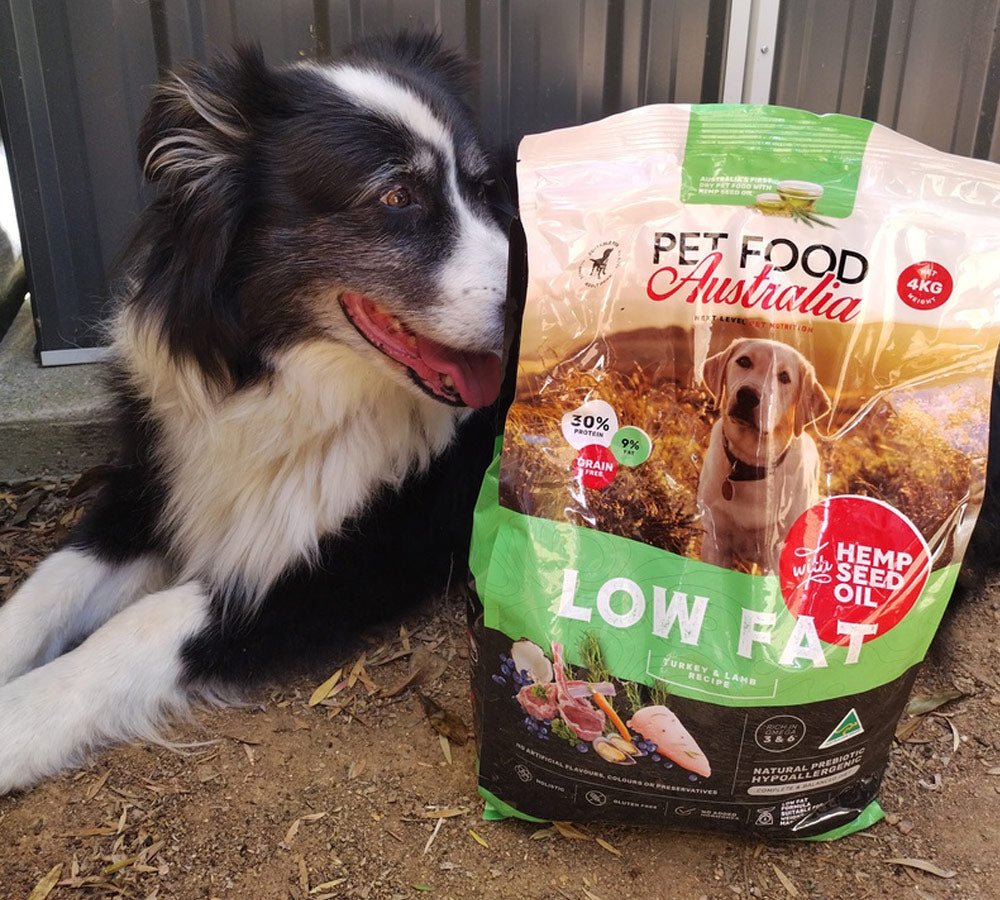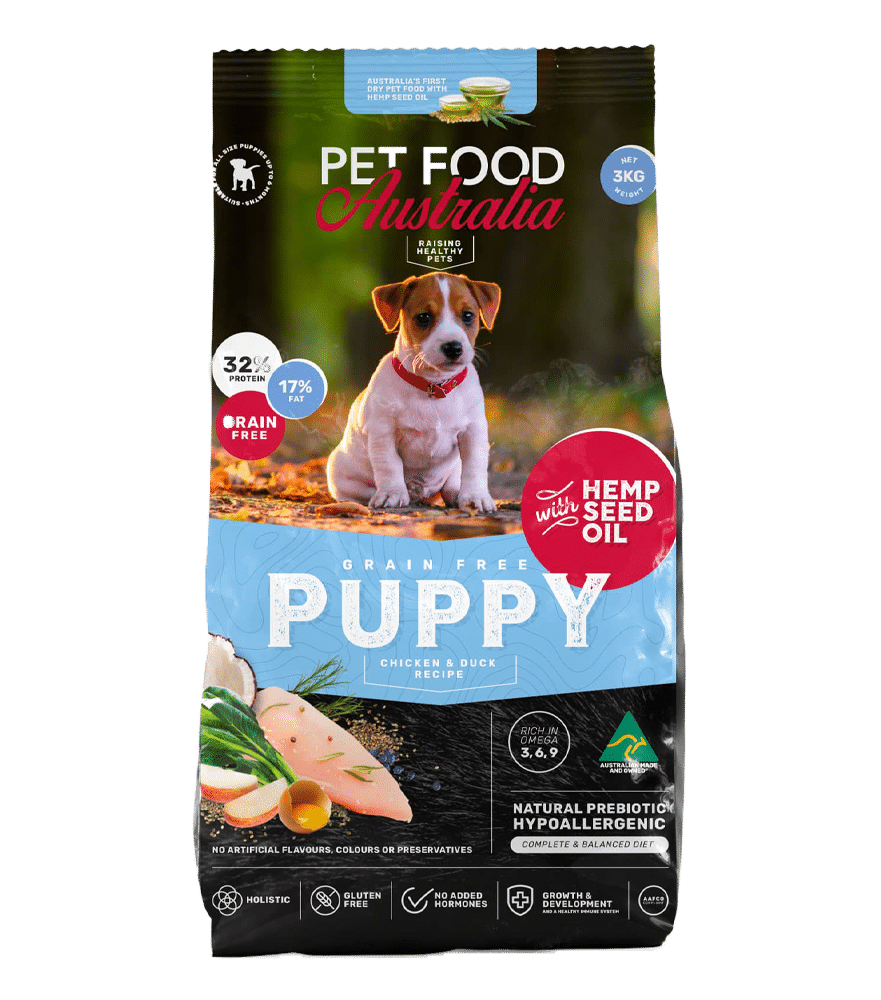Allergy Season | Spring Allergies in Dogs & How To Treat Them

Spring is a beautiful season, with flowers blooming and temperatures rising. However, spring brings more than just sunshine for many dogs—it marks the start of allergy season. Like humans, dogs can suffer from seasonal allergies, and spring is the peak time for symptoms to flare up.
In this blog, we'll explore the common causes of spring allergies in dogs, how to spot the symptoms, and, most importantly, how to treat them effectively.
Common Causes of Spring Allergies in Dogs

Spring allergies in dogs are often caused by environmental allergens, many of which become more prevalent as plants and trees bloom. Here are the most common triggers during the spring season:
Pollen: Grass, tree, and weed pollen are among the most common culprits. Dogs can inhale pollen or come into contact with it through their skin, causing allergic reactions.
Dust Mites: As homes are aired out during spring cleaning, dust mites can be disturbed, increasing allergy symptoms for sensitive dogs.
Mould Spores: Damp spring weather can lead to the growth of mould, which can become airborne and cause allergic reactions in pets.
Fleas: With warmer weather, flea populations often increase, and some dogs have an allergic reaction to flea bites (flea allergy dermatitis).
Signs and Symptoms of Spring Allergies

It's essential to recognise the signs of allergies in dogs so that you can address the issue quickly. The most common symptoms include:
Itchy Skin: Constant scratching, licking, or biting at the skin, particularly around the paws, ears, and belly.
Red, Inflamed Skin: Allergic reactions can lead to rashes, hives, or inflamed skin, often seen in areas where the dog is scratching.
Ear Infections: Recurring ear infections or discharge from the ears can indicate allergies.
Watery Eyes and Sneezing: Just like humans, dogs can experience runny eyes and sneezing as a reaction to pollen or other allergens.
Hair Loss: Over-scratching or licking can result in patches of hair loss or a thinning coat.
Respiratory Issues: In more severe cases, dogs may develop breathing problems, such as coughing or wheezing.
How to Treat Spring Allergies in Dogs

While spring allergies can't always be prevented, there are several ways to manage and treat the symptoms to keep your dog comfortable.
Regular Baths and Grooming: Frequent baths can help remove pollen, dust, and other allergens from your dog's coat and skin. Look for hypoallergenic, soothing shampoos that are designed to relieve itchy skin. Regular brushing can also help reduce the buildup of allergens in your dog's fur.
Keep Indoor Spaces Clean: Reducing the amount of pollen and dust in your home is key to managing spring allergies. Regularly wash your dog's bedding, vacuum carpets, and clean surfaces where dust and pollen can accumulate. Consider using air purifiers to remove allergens from the air.
Anti-Allergy Medications: Your veterinarian may recommend antihistamines or other allergy medications to manage your dog's symptoms. In some cases, corticosteroids or immunotherapy (allergy shots) may be necessary for dogs with severe allergies. Never give your dog over-the-counter human allergy medications without consulting your vet.
Flea Prevention: Since fleas can exacerbate allergic reactions, keeping your dog on a year-round flea prevention program is essential. Flea collars, topical treatments, and oral medications can help keep your dog flea-free during the spring season.
Topical Treatments: If your dog is experiencing itchy or inflamed skin, topical treatments such as anti-itch creams, sprays, or medicated wipes can provide relief. Your vet may also recommend medicated shampoos that help soothe irritated skin and reduce inflammation.
Dietary Supplements: Omega-3 fatty acids, found in fish oil supplements, are known for their anti-inflammatory properties and can help reduce skin irritation associated with allergies. Adding these supplements to your dog's diet may improve their skin and coat health. Additionally, a high-quality, allergen-free diet can help support your dog's overall immune system and reduce the impact of allergens.
*Pet Food Australia can help you with this one. Shop the range here.
Consult Your Veterinarian: If your dog's allergy symptoms persist despite home treatments, it's time to consult your vet. They can perform allergy tests to identify specific triggers and provide more advanced treatments to alleviate your dog's discomfort.
Preventing Spring Allergies in Dogs





